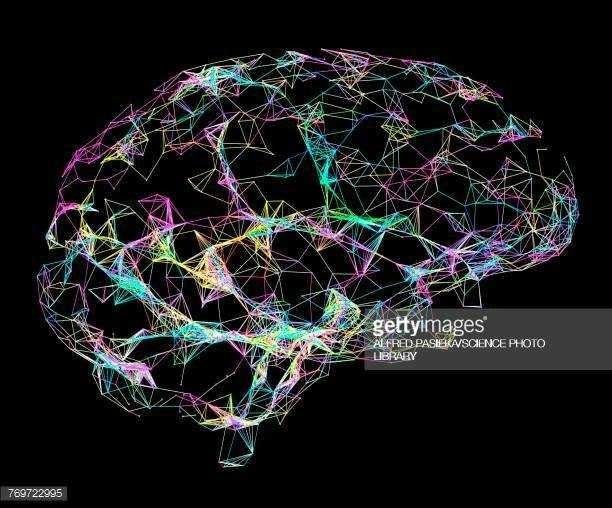Is going to a psychologist means crazy?

Although there is still a tendency to see that going to therapy is a symptom of weakness, more and more people confess to going to the psychologist . It is an act of strength to recognize that we need help: it strengthens us and gives us better tools to be able to face complicated situations.
When do I need help? Is my problem normal? The profile of the patient evolves, the psychology adapts and normalizes. Consultations by videoconference become the new trend. And the psychologist is no longer crazy.
The profile of the patient.

37% of consultations psychology focus on young people , aged between 25 and 35 years. A profile that seeks to overcome stress, lower the requirement and improve self-steem. They also worry about emotional management and relationships.
Another third of the consultations are dedicated to children and teenagers. In which Learning and other behavioral problems appear.
The last third is already dedicated to more serious problems and in which a more definite pathology appears, such as depression, obsessive-compulsive disorder or generalized anxiety.
Not everything is disease.
The classic view tells us that only in the case of suffering a disease can a psychologist be beneficial. If we live a depression or agoraphobia is when the therapy could help us. Therefore, when a person says that he goes to the psychologist, we usually associate him with mental illness. However, only one third of the consultations can be classified within a pathology .
This vision is gradually being overcome. More and more people know that without having a specific disease, they may have a depression that makes them ask for help.
I Need Help?

We tend to confuse bad times with the need to go to a psychologist. In many cases, the problems of daily life are surmountable simply with time. But it's not always like this. When we do not have the necessary tools to fight with depression and situations are repetitive, we need to go to the psychologist. And what can a psychologist give me?
Emotional management:
Knowing our emotions, accepting them and knowing how to use them is one of the needs in therapy. We are moving into an increasingly open society in which the emotions that are demanded of us have not always been taught.
Cognitive distortions:
Automatic thoughts handle our thoughts and our behavior. These thoughts that define us are the result of experience and education. And, many times, they are the biggest limitations.
Face stress:
Manage anxiety, work under pressure or work flexibly in the workplace. Our work is the center of our life and it can surpass us.
Handling daily problems:
They have a range of tools that is not always functional. Psychotherapy is designed to analyze them, modify them and generate new, more adaptive ones.
The therapy is updated and evolves as society evolves. From Skype consultations to apps that monitor our emotional state. And, although it can only be adapted to a specific public, technology is increasingly oriented to psychology and therapy.
The psychologist is no longer crazy, but is directly associated with our lifestyle.
To the question in your title, my Magic 8-Ball says:
Hi! I'm a bot, and this answer was posted automatically. Check this post out for more information.